“Can you take a look at my resume?”
This is something I hear frequently as an executive recruiter and life coach. I’ve seen the good, the bad and everything in between. Most resumes land someplace in the space between the far extremes, and unfortunately, most don’t really stand out.
Resumes don’t actually get you the job. Your next job will most likely come through networking to people you already know, through a recruiter somehow finding you, or from an internal promotion.
You resume is just part of the story, and while it is crucial to have a good one, most hiring decisions are ultimately made based on personality and cultural fit within the organization.
A recent Forbes article is quoted as saying, “Here’s the truth – it is rare to get hired simply by submitting a resume – the purpose of the resume is to help you get an interview. And at the interview, remember that 40 percent of a hiring decision is based on personality. You’ve got to get the interview and sell your rear end off.”
Don’t get me wrong—you’ve still got to have a stellar resume. Your resume is a reflection of you and your personal brand. It reflects your experience and your attitude.
You gotta make it good!
Here are my top 7 tips for creating a top-notch resume:
Skip the objective or summary at the top, which typically includes what you want to gain from the position. Your resume should focus on what you can offer the employer.
Keep it simple. Fancy fonts, photos, and personal information should be left out. Keep the resume to two pages or less and avoid long paragraphs. Bullet points are great and allow you to give simple facts and metrics from your past success.
List your experience in reverse chronological order, starting with your present job first. Indicate your working titles. If you work for a small company and your title is Director of Accounting and you don’t actually direct or manage anyone, you may be better off listing your title as Accountant.
Dates matter. List the month and year that you started and ended with your current and previous positions that you’ve held. If you leave the months off your resume, and it looks like you are hiding something.
Highlight the important skills and knowledge that really matter in your specific profession. Don’t make a laundry list, including that you are proficient in Microsoft Office, and are a great communicator. Every employer expects these skills, and assume that you have them.
Include a reference to your LinkedIn profile, personal website, and any relevant publications. By the way, your LinkedIn profile might just be the most important document in your portfolio. Advice on building a great LinkedIn profile can be found here.
Be you. Don’t copy buzzwords from someone else’s resume. Write what you really accomplished in each prior position, polishing things up enough to sound as professional as possible, but not so much that it appears false. Be honest and be real. Let your light shine and be proud of your accomplishments, but don’t boast.
A resume is never done. Just as our lives are ever-changing, our experiences are always growing. Your resume can always be improved and it should become better over time. Highlight the experience that is most important and omit the rest.
Your life and career goals are yours to reach. You can do this!
By the way, I am now adding a few coaching clients and I would love to help you more quickly reach your personal and professional goals. If I can help, please let me know.
Thanks,
Coach Brett Blair

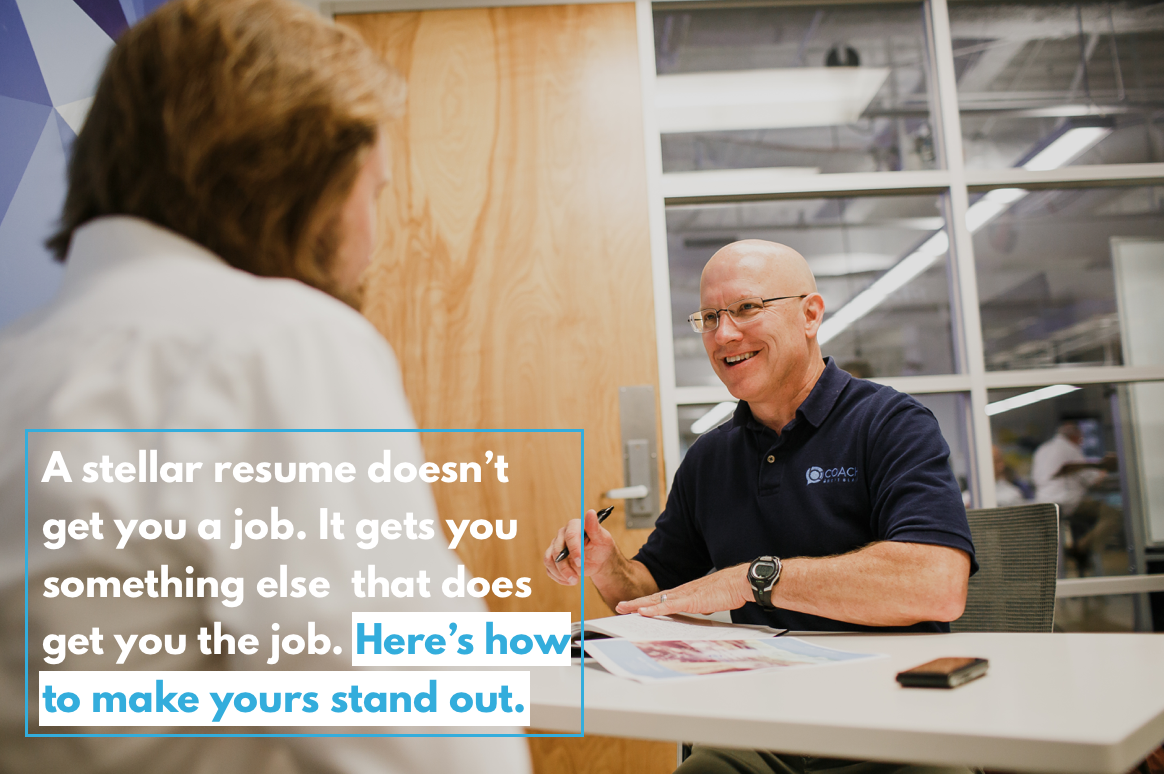


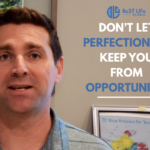
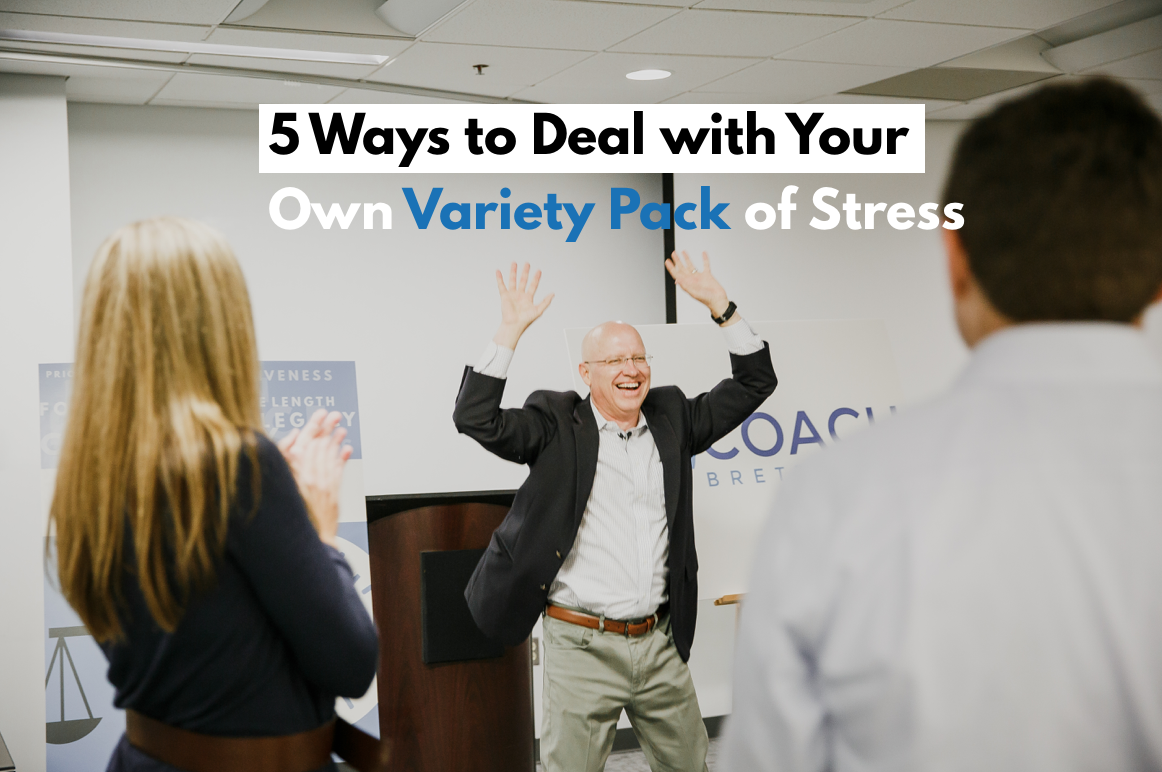

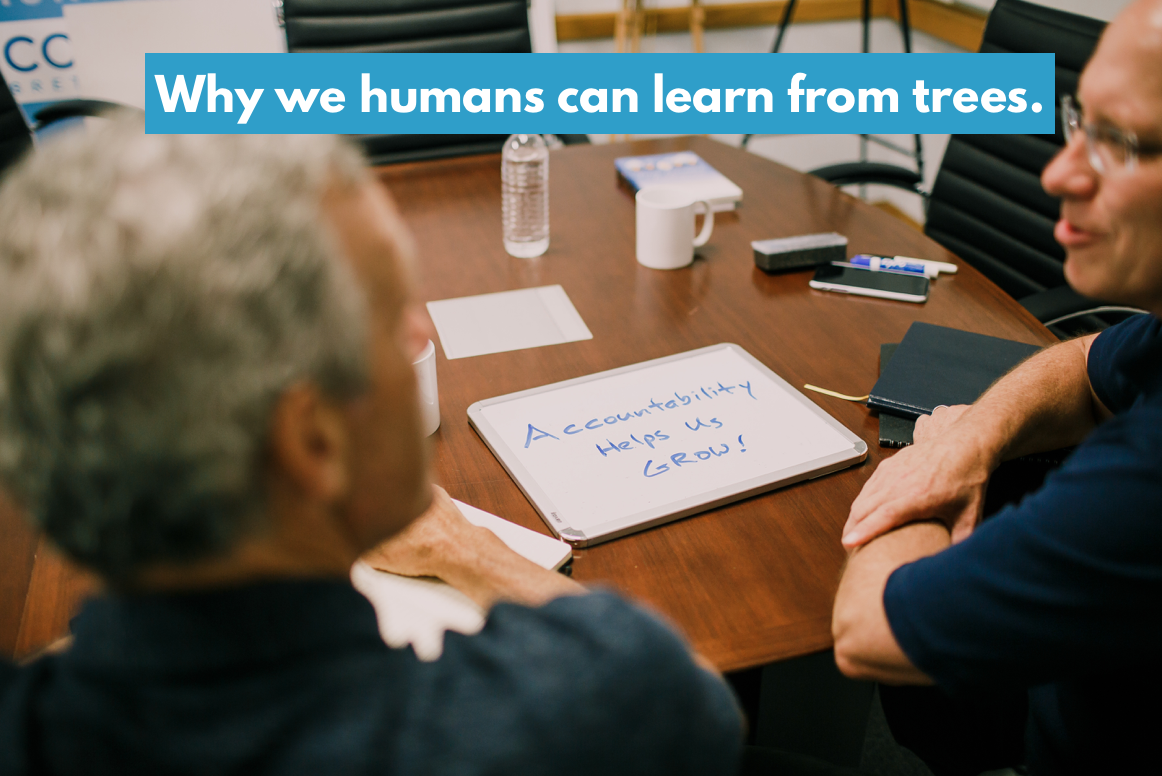


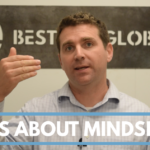
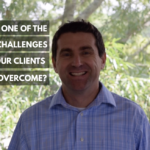


Your point of view caught my eye and was very interesting. Thanks. I have a question for you. https://accounts.binance.com/sk/register-person?ref=V2H9AFPY
Reading your article has greatly helped me, and I agree with you. But I still have some questions. Can you help me? I will pay attention to your answer. thank you.
Can you be more specific about the content of your article? After reading it, I still have some doubts. Hope you can help me. https://accounts.binance.com/lv/register-person?ref=IJFGOAID